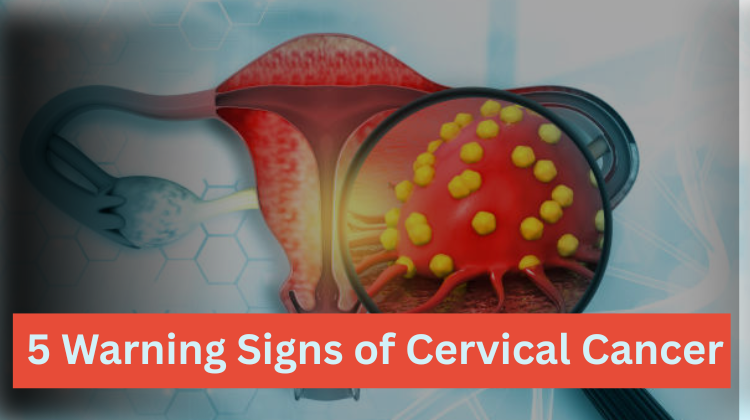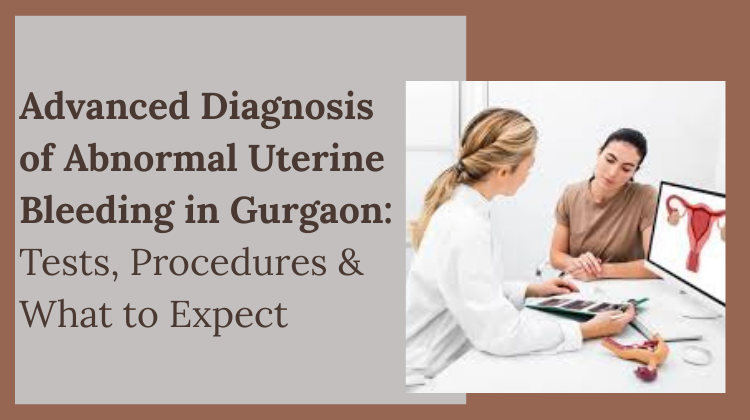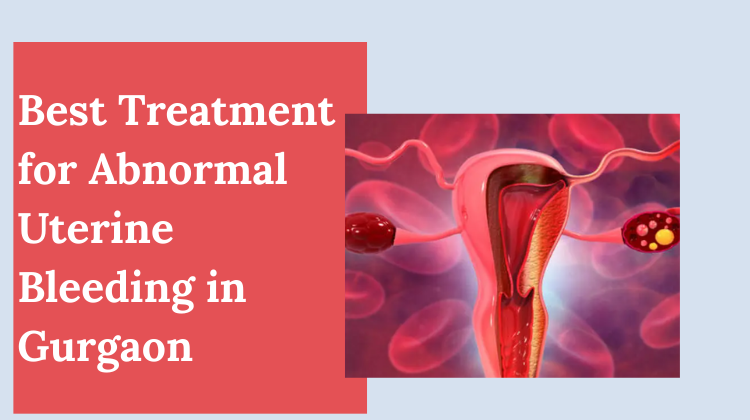5 Warning Signs of Cervical Cancer

Cervical cancer usually develops gradually, which makes awareness of its early indicators extremely important for prompt diagnosis and effective treatment. By recognizing the Signs of Cervical Cancer and seeking timely medical consultation, women can improve their chances of early detection and better health outcomes. Below are five key symptoms that should never be overlooked, along with important guidance on prevention and regular screening.
1. Abnormal Vaginal Bleeding
What it looks like:
- Bleeding after intercourse
- Spotting between periods
- Menstrual periods that are heavier or longer than usual
- Bleeding after menopause
This is one of the most common early signs of cervical cancer and should be evaluated without delay.
2. Unusual Vaginal Discharge
Signs to watch for:
- Discharge that is watery, with a strong or foul odor
- Discharge that contains blood or is tinged pink
- A sudden change in consistency, colour, or amount
Changes in vaginal discharge can be among the Signs of Cervical Cancer or may indicate infections or underlying cervical changes that require immediate medical attention.
3. Pain During Intercourse or Pelvic Pain
What you might feel:
- Discomfort or pain during sexual activity
- Dull pain in the lower back, pelvis or lower abdomen
- Pain that persists outside of your menstrual cycle
Pelvic discomfort or painful intercourse can be an early warning sign of cervical cancer.
4. Urinary or Bowel Disturbances
Symptoms include:
- Painful urination or frequent urge to urinate
- Blood in the urine
- Pain, discomfort or bleeding during bowel movements
- Constipation, abdominal bloating or swelling
When cervical cancer spreads beyond the cervix, it can begin to affect nearby organs like the bladder or bowel.
5. Unexplained Fatigue & Weight Loss
What to note:
- Persistent fatigue despite rest
- Sudden weight loss without trying
- Loss of appetite and weakness
These are systemic symptoms and often occur when cancer is more advanced.
How Cervical Cancer Develops in the Body
Cervical cancer develops gradually, often beginning with precancerous changes in the cells lining the cervix. These abnormal changes usually do not cause noticeable symptoms, which is why regular screening is so important. Over time, if left undetected, these changes can progress into cancer. Understanding this progression helps women realize why early detection through routine gynecological check-ups is crucial for long-term cervical health and overall well-being.
When to Consult a Specialist
Women should consult a gynecologist if:
- Symptoms persist for more than 2-3 weeks.
- Screening tests show abnormal results.
- There are unusual changes in vaginal health.
Early diagnosis makes treatment more effective and increases survival rates.
Prevention & Screening
- Regular Pap smear tests
- HPV vaccination
- Safe sexual practices
- Avoiding tobacco use
- Awareness of family history and risk factors
These preventive steps play a key role in reducing the risk of cervical cancer.
Lifestyle Habits That Support Cervical Health
Maintaining a healthy lifestyle can play an important role in reducing cervical cancer risk. Eating a balanced diet rich in fruits and vegetables, staying physically active, avoiding smoking, and practicing safe sexual habits contribute to overall reproductive health. Strengthening the immune system also helps the body fight infections that may impact cervical cells. To know more about cervical health, prevention, and personalized care, consult Dr. Preeti Rastogi, best gynecologist in gurgoan.
Specialist Services for Women’s Health
Dedicated women’s health clinics provide comprehensive services such as:
- Cervical screening (Pap test / HPV test)
- Diagnostic procedures (colposcopy, biopsy)
- Treatment and management of cervical conditions
- Preventive care and lifestyle counselling
These services ensure women receive complete support, from early detection to effective treatment. Also read – Cervical Cancer: Causes, Symptoms, Vaccine & Treatment
Cervical cancer symptoms | Early signs of cervical cancer | Vaginal bleeding after sex | Postmenopausal bleeding | Abnormal vaginal discharge | Pain during intercourse | Pelvic pain causes | Urinary symptoms cervical cancer | Bowel symptoms cervical cancer | HPV vaccination benefits | Pap smear importance | Colposcopy procedure | Gynecologic examination | Cervical cancer screening | Unexplained weight loss in women | Fatigue and cancer warning | Female reproductive health | Risk factors for cervical cancer | Treatment options for cervical cancer | Early detection saves lives



